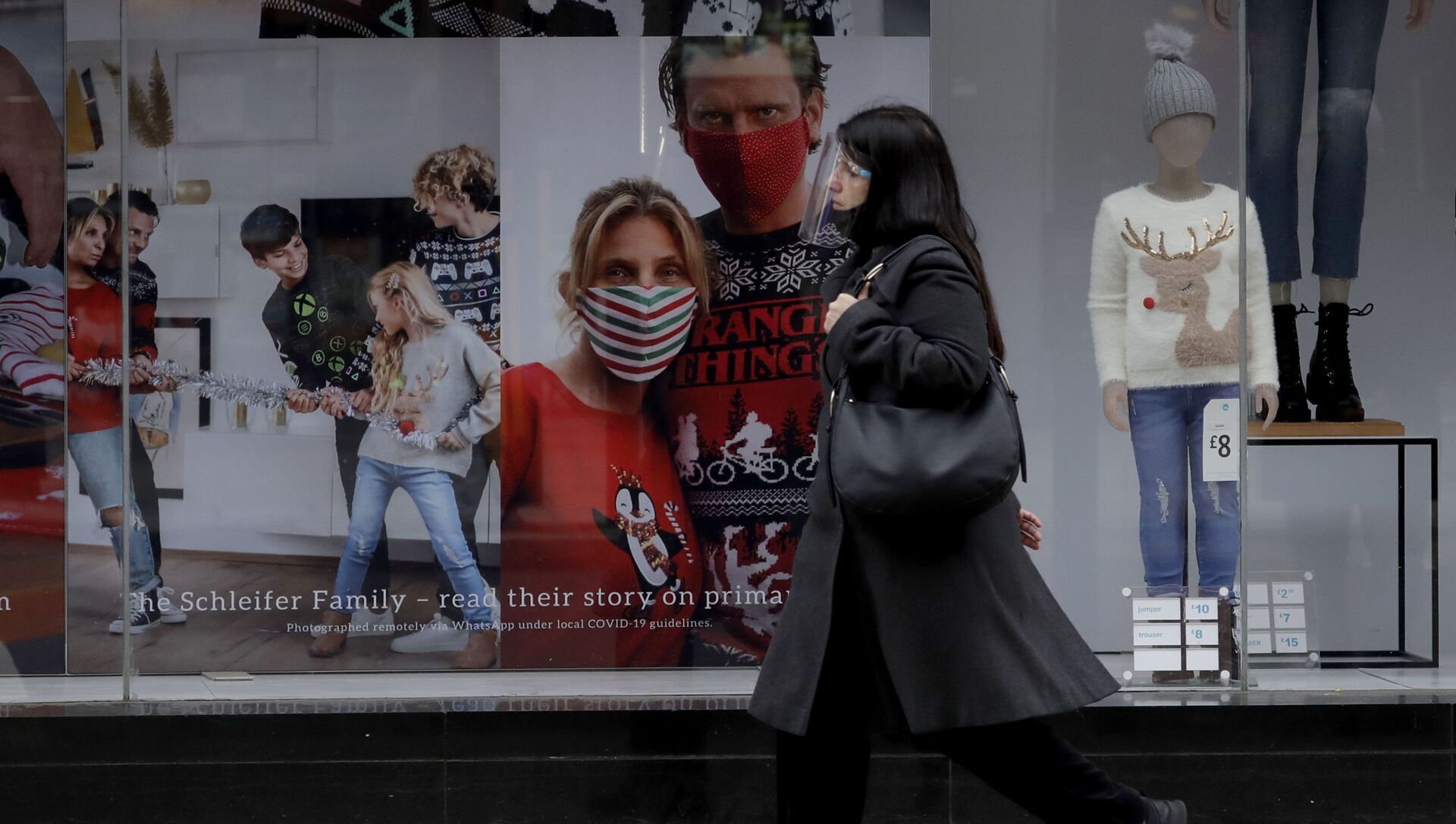Journalist David Lindsay has looked at what options the UK has to balance its books and cover the COVID blackhole.
Sputnik: What options does the UK have at this moment to cover the cost of the COVID pandemic?
David Lindsay: The state always has the option of issuing itself with as much of its own free-floating fiat currency as it needs for any purpose of this kind. That is the baseline option that is always available and really, we needn't necessarily be talking about enormous tax increases or more borrowing or anything like that, the state should simply do that, as it would do, for example, at a time of war.
Sputnik: Okay, so following on from what you said there about big tax increases and the other options that we have available, it seems that the Institute for Fiscal Studies is quite keen on these big tax rises later on down the line. If we do go ahead with these big tax rises, are there problems with this option and is it necessarily the right course of action?
David Lindsay: No, it's not necessary at all. The main reason is, as I've just stated, there isn't actually any need to do it. The purpose of taxation, of fiscal policy and monetary policy, is to control inflation to the politically chosen level while encouraging certain politically chosen forms of behaviour and discouraging others. It is not to raise revenue, and there is no need at all to pay for what we're having now, by subsequently raising taxes in the future.
Sputnik: In the last few months of 2020, we heard a lot of discussion about a one-off millionaire wealth tax that was projected to raise an estimated £260 billion in revenue for the British government. Is this a viable option to help Britain balance its books? Is it something that the government would even consider at this point in time?
David Lindsay: It's actually quite possible because it would be popular, and especially since we will be that much closer to a general election when this would happen. As I say, it's not economically necessary, maybe socially necessary as these things sometimes are. If we simply chose forms of behaviour to be taxed, we wanted to tax, that we wanted a greater level of economic equality for social and cultural reasons, which I think we should have leaner options that could certainly be explored and they would be very popular, closer to an election. So, I think it'll be interesting to see its precise threshold, but it will be something that is very likely to happen later in this parliament, yes.
— Institute for Fiscal Studies (@TheIFS) February 16, 2021
Sputnik: What about austerity? We know that ministers such as Michael Gove, Priti Patel, Rishi Sunak, they're all big believers in austerity as a suitable economic measure to balance the books, to correct Britain's finances; how likely is it that we'll see a return to austerity and how would the general public likely react to that?
David Lindsay: It would be a furious reaction to further austerity now, I mean, it will be very unpopular indeed and for that reason, if no other, I don't think on any particularly large scale, a return to the austerity programme, which was already starting to be relaxed before COVID-19, is very likely at all.



